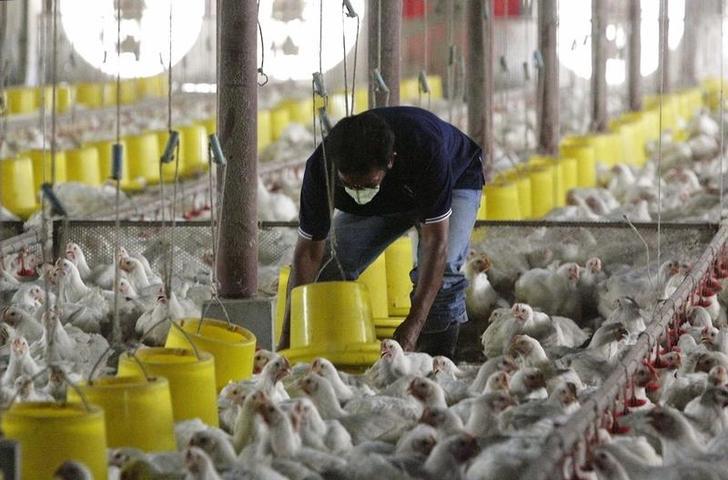By: Katherine Hewitt
News Reporter, Asia
KUALA LUMPUR, Malaysia – A group of 11 migrants are detained in Malaysian custody. It is probable that these 11 are a part of a group that escaped from a Thailand immigration detention center back in November of 2017. Originally, a group of 200 were found in Thailand’s Sonskhla province. They were detained while authorities verified their nationality. A group of 20 escaped and 11 of them are these migrants now detained in Malaysia.

The group identifies themselves as Turkish citizens. However, China claims them as members of an ethnic group called Uyghurs who are a Muslim Turkish minority living in Western China. While China demands them back, the migrants have asked to be sent to Turkey.
Many Uyghurs have fled China as a result of the authoritarian governance in the region. The Chinese government conducts house aids and restricts islamic practices, culture, and language. Through the years several Uyghurs have been forcibly deported back to China. Upon their returns, they face threats of imprisonment and torture. China rationalizes this state behavior by blaming the group for ‘terrorist’ attacks.
Malaysia and China have tightened their relationship over the past years. China has been pushing Malaysia to return the migrants.
International Customary Law holds Malaysia accountable to not send those in custody to a place where persecution, torture, and other human rights violations are a risk.
Human Rights activists like Brad Adams of Human Rights Watch want Malaysia to “allow these individuals access to a fair process to determine their refugee claims, not ship them to China based on Beijing’s demands.”
For more information, please see:
Human Rights Watch – Malaysia: Don’t Send 11 Detainees to China – 9 February 2018



